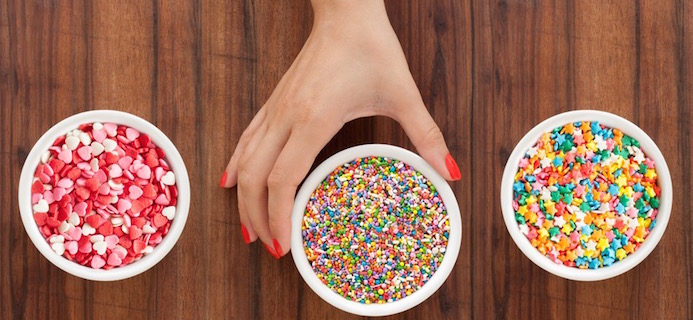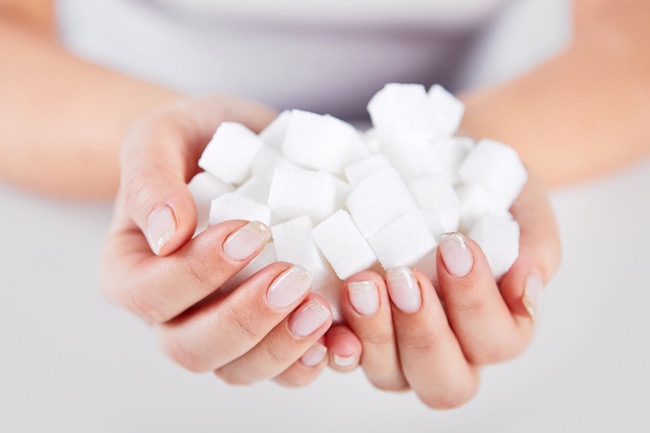The government have now introduced a sugar tax as part of a plan to curb childhood obesity, but is it only children who need to cut their sugar intake? Lorna Van Baar asks whether more of us are addicted to sugar than we think
Last week, the government implemented a strategy to tackle childhood obesity within the next 10 years.
The plan includes introducing a sugar tax to companies who sell sugary soft drinks and using that money for school children to take place in health programmes. It also asks the food and drink industry to cut the sugar in products loved by children by five per cent, with an ultimate target of 20 per cent.
There’s no doubt about it that childhood obesity is a problem, with the latest figures from the Health Survey for England showing that 31.2 per cent of children aged two to 15 were classed as either overweight or obese in 2014.
31.2% of children aged 2 to 15 were classed as either overweight or obese in 2014.
It’s all well and good to increase the health of youngsters but it isn’t just the kids who suffer with obesity. In 2014, 60 percent of people were either overweight or obese.
60 percent of Brits were either overweight or obese in 2014
So why is this sugar tax solely aimed at children when, according to the NHS, most adults and children in the UK eat too much sugar?
Besides weight gain, eating too much sugar has a number of health risks such as heart disease and type 2 diabetes, not to mention tooth decay.
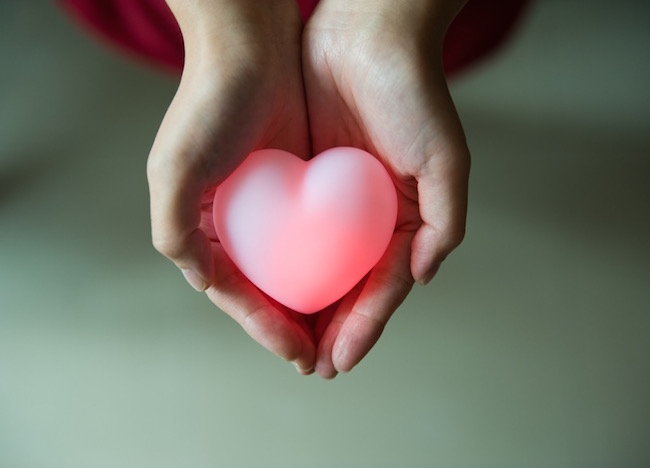
According to a World Health Organisation (WHO) report, we should only eat six teaspoons of sugar a day, although on average according to the British Dietetic Association people in the UK consume around 20 teaspoons daily, which suggests that we’re amongst a nation of sugar addicts.
Yes, sugar addiction is a real thing and a lot of us don’t even realise how dependent our bodies are on the white stuff.
Before understanding what sugar addiction means it’s important to grasp the meaning of sugar.
MORE: 10 ways sleep perfectionism is keeping you awake
What is sugar?
Sugar is a general term used to describe a class of molecules called carbohydrates, and is found in a lot more food and drink products than people might think. You may be surprised to hear, items that you might consider as healthy – such as flavoured water or granola bars – all contain a high content of sugar. However, there are natural sugars found in fruit and vegetables, which, according to professionals, is the way we should be consuming sugar.
MORE: 11 easy ways to eat less sugar
Diana Herve, nutritional therapist and founder of helpyourselftohealthnow.co.uk, won’t eat any processed foods because you ‘can’t control’ the amount of sugar that’s in them.
If you spot glucose, fructose, sucrose, maltose, lactose, dextrose or starch on the back of a packet, it means that there is sugar present in that item.
‘A lot of people don’t understand the chemical names for sugar on the back of the labels, and I don’t think that people are aware just how much sugar is used in processing food. I don’t recommend that people eat it, you can get your sugar naturally in carbohydrates,’ says Herve.
MORE: 5 reasons you’re not losing weight
So what are these chemical names for sugar? If you spot glucose, fructose, sucrose, maltose, lactose, dextrose or starch on the back of a packet, it means that there is sugar present in that item.
‘Sugar is completely addictive. If you look at all of the research, it is proven to be addictive. It affects the same part of the brain that any other addiction such as cocaine, tobacco or alcohol would,’ says Herve.
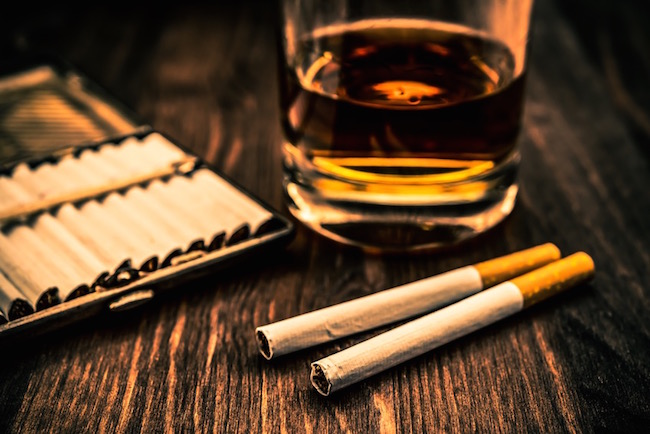
Are you addicted to sugar?
A study conducted at the University of Bordeaux, France, proved that sugar is more addictive than cocaine. The investigation saw 94 per cent of rats chose sugar over the class A drug.
Even those who were already addicted to cocaine, soon switched their preference to sugar.
How can this be? How can we be addicted to something we consume in our everyday lives, without realising it?
When you take a bite or sip of something sugary, the receptors (part of the taste buds on your tongue) send a signal to your brain that activates the brain’s reward system. The reward system then communicates with different parts of your brain, which then respond by saying something like ‘mmm, give me some more of whatever that was’.
MORE: 7 low-sugar recipes that still taste like treats
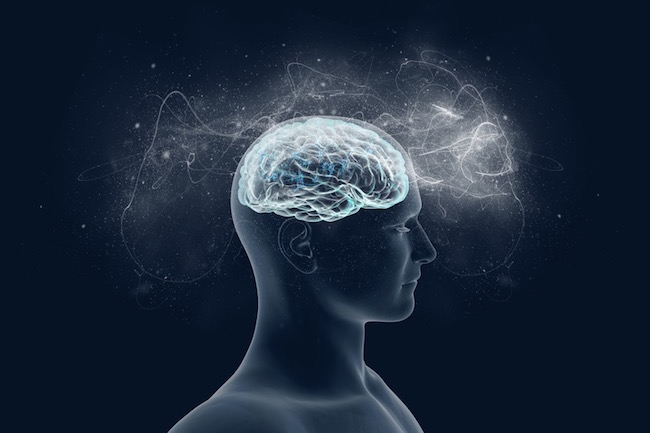
Do you ever go on nights out and feel like it’s not time to go home yet when the club closes, or ever have a few drinks with some friends and say ‘just one more’ far too many times?
MORE: On a sugar free diet? These 6 dessert recipes will make it easy
This is because the reward system in your brain is also activated by other things such as socialising, alcohol, drugs and nicotine. The real problem occurs when you have too much of any of these things. You constantly crave the reward response, your tolerance increases, and you can lose control.
What does sugar addiction look like?
It’s not just the Brits who are addicted to sugar. In America they eat around 20 teaspoons a day. To put this into context, one tablespoon of peanut butter – a substance people believe to be relatively healthy – contains one teaspoon of sugar.
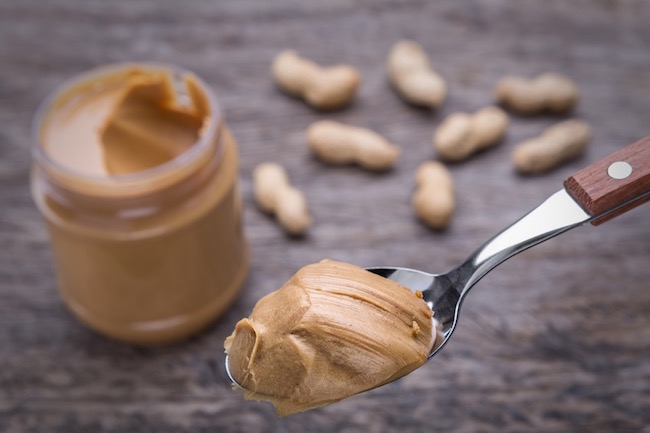
Although eating too much sugar can cause obesity you don’t have to be overweight to have a sugar addiction.
Delfina Bonilla Lopez, 28, is the founder of codetowellness.com LINK. She guides people to a healthier lifestyle and believes in the “JERF” philosophy (just eat real food). One of her areas includes helping people with sugar addictions.
‘Skinny people aren’t in the clear from sugar addictions. I was a personal trainer, and was at my fittest when I had my worst sugar cravings.
Skinny people aren’t in the clear from sugar addictions. I was a personal trainer, and was at my fittest when I had my worst sugar cravings
‘The terms skinny, thin and fit become our society’s chosen measure of health – if you are thin then you must be healthy, but the truth is that is not necessarily so,’ Lopez admits.
‘You probably know someone who’s thin who can’t stop eating refined sugar and in the end they end up pre-diabetic, or with cholesterol levels through the roof and some other ‘weird’ negative health symptoms. It’s not weird because that is what sugar addiction is capable of doing.’
When you get a sugar craving, Lopez recommends putting a cinnamon stick in your water as she claims that cinnamon has some impressive health benefits because of its impact on blood sugar. The humble spice has been shown in repeated studies to help keep blood sugar levels stable throughout the day and to help prevent the blood sugar fluctuations that can lead to sugar cravings. It can also be useful added to your porridge at breakfast or sprinkled on chopped apple or pear as a snack.
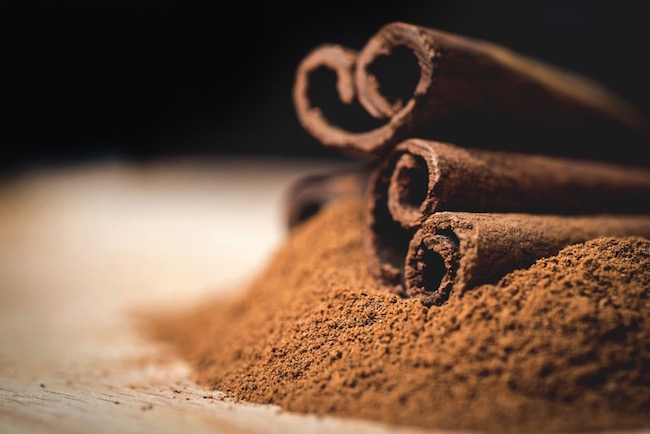
MORE: 8 ways high heels can be good for you
Ciara Rubin, 27, used to be addicted to sugar. The business start-up coach tried to cut it out for two years without truly committing to it, but decided enough was enough when a natural therapist diagnosed her with candida overgrowth.
Candida is a form of yeast, which lives in your mouth and intestines. It helps with digestion and nutrient absorption, but, if over-produced, it breaks down the wall of the intestine and penetrates the bloodstream. This can lead to many different health problems, ranging from digestive issues to depression.
Rubin overcame her sugar addiction by stocking her shelves with non-sugary foods.
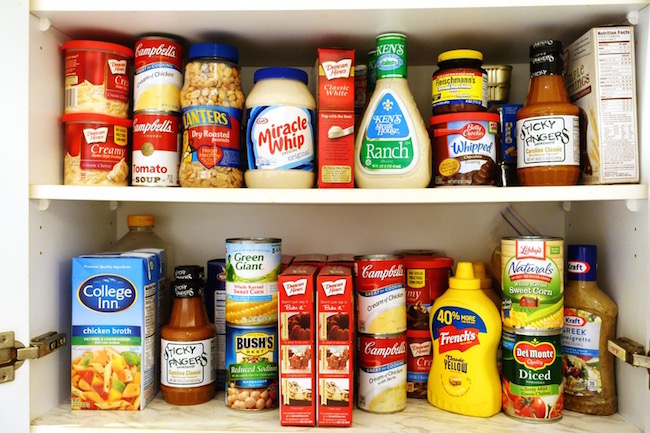
‘For me it was about finding alternatives and having the will power to remove it from the house. I got rid of all refined sugar in my pantry, only allowing myself organic dark chocolate in my low moments. I feel so much better now three years on. I have real energy and no crashes or headaches. I sleep better and my body feels cleaner,’ explains Rubin.
The first step of kicking the cravings seems to be the hardest.
MORE: 6 ways to lose weight – by the A-list trainer
‘Once I lost the taste for it, everything that’s a little sweet, like fruit, tasted much sweeter. Sometimes I put raw honey in my tea. It took me 25 years to quit sugar, it’s seriously worse than a drug when it comes to how addictive it is. Plus, it’s in everything.’
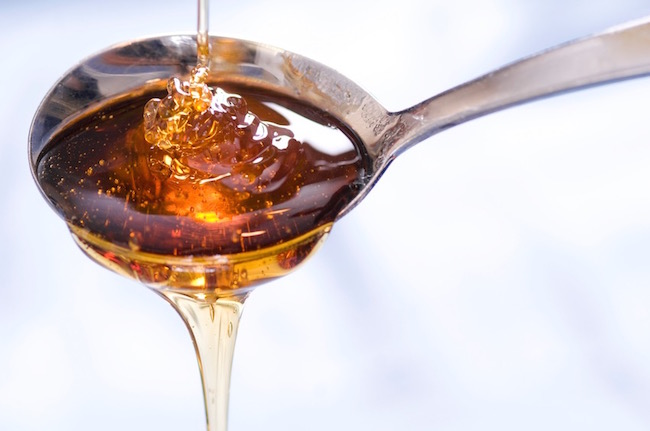
It may have taken a diagnosis for Ciara to commit to a sugar-less lifestyle but you don’t have to be diagnosed with anything in order to make a change to your diet and lifestyle, you just have to want it enough.
We do need sugar but according to the health professionals, not in a processed or refined manner. The best way to consume your sugar is through vegetables and other natural sources. If you want to stop your sugar dependency, the best way to do it is to go home and get rid of everything containing it.
MORE: 3 smoothies for weight loss
MORE: On a gluten-free diet? Chef Raymond Blanc’s gluten free cooking course
MORE: Do carbs make you fat? 3 experts answer questions
Like this article? Sign up to our newsletter to get more articles like this delivered straight to your inbox.



